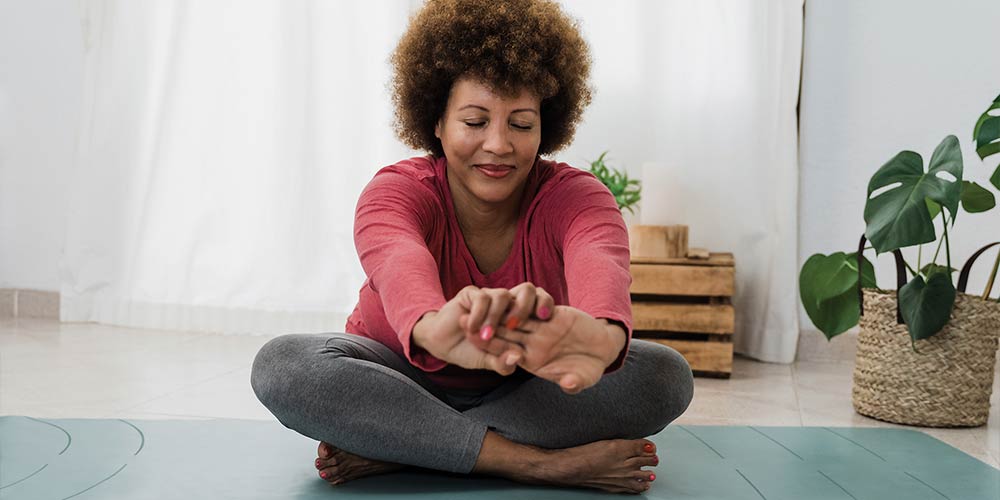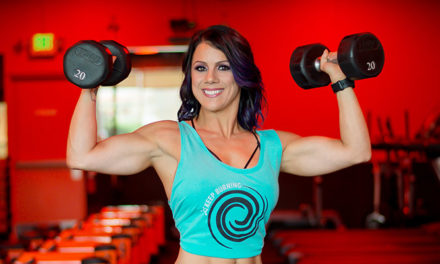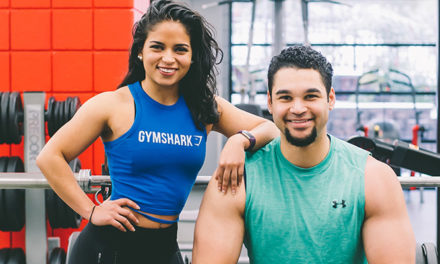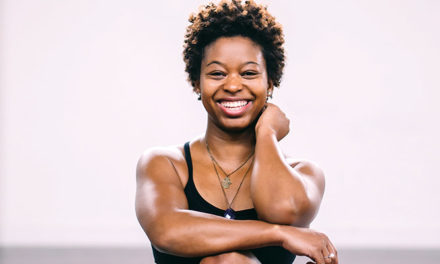Starting on a path toward healthy habits is often easier than maintaining them long-term. This year, you can avoid a major pitfall of healthy resolutions and build healthy habits that stick by working small, positive steps into your daily life.
In fact, healthy habits are the first suggested treatment strategy for people whose blood pressure and cholesterol levels are creeping higher than normal, according to an American Heart Association scientific statement.
“The current guidelines for managing high blood pressure and cholesterol recognize that otherwise healthy individuals with mildly or moderately elevated levels of these cardiovascular risk factors should actively attempt to reduce these risks, and increasing physical activity is a great place to start,” said Bethany Barone Gibbs, Ph.D., chair of the statement writing group and chair of the department of epidemiology and biostatistics at West Virginia University School of Public Health.
These six ideas from the American Heart Association’s Healthy for Good Habit Coach can help.
Bust Common Habit-Building Myths
You may be surprised to learn the truth about creating and sticking to healthy habits. One myth is getting healthy means doing things you don’t like. Research shows positive emotions make habits stick, so set your intentions on something you enjoy. Another misconception is big results require big changes, which may lead to overly ambitious habits. However, the simpler the routine is, the more likely it is to become habit.
Work with Your “Brain Loops”
Your brain creates “loops” for habits made up of three things: a cue, a routine, and a reward. Each time the loop is repeated, it becomes more routine and may become automatic. Knowing this, you can design cues for developing new, healthy habits, such as setting walking shoes by the bed to start a walking habit. The routine is putting on the shoes and walking around the block, and the reward is the pleasant sensations and brighter mood from a morning stroll.
Create Cues That Work for You
Most successful health habits begin with a cue. The cue can be external in your environment or internal in terms of your mindset. The more consistent the cue, the more likely it is to trigger the habit. Hacking your brain’s reminder system can help you remember your cue. Some examples of visual cues are placing a sticky note where you’ll see it often, keeping a water bottle on your desk, or refrigerating fresh veggies at eye level.
Build a Routine That Supports Your Goals
Positive and consistent habits are important to achieve your personal goals. Small habits done consistently can add up to big results. To create a new healthy habit, think through the steps that could lead to your desired outcome. Ask yourself whether you want to do it, if it’s easy, and if it’s high impact. It’s important to choose habits that make a difference and move you closer to your goals.
For example, if one of your goals is improving your heart health, a meaningful habit might be to move more. Increasing physical activity can help lower blood pressure and cholesterol along with many other health benefits, Gibbs said.
“Every little bit of activity is better than none,” she said. “Even small initial increases of 5-10 minutes a day can yield health benefits.”
Use Rewards to Make Habits Stick
Start by choosing a habit you enjoy that’s rewarding by itself. If you’re more of a dancer than runner, increase your physical activity with an upbeat dance class. You might also look for a more enjoyable version of a new habit, such as getting more fruits and veggies by sipping on a delicious smoothie.
Understand Resets are Part of the Process
New habits are experiments. If they don’t stick, you haven’t failed. Instead, you’ve learned what doesn’t work, which is useful. Get curious and ask yourself which part of the habit didn’t work for you. Maybe the cue was ineffective. Maybe the steps of the routine were too ambitious, and you need to split them into smaller, easier steps. If you realize you don’t enjoy the habit, stop doing it and try something else.
Find more inspiration and ideas to jumpstart healthy habits this year at heart.org/habits.







